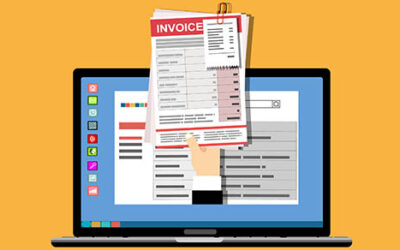Since the Biden administration announced its plans for student debt forgiveness in August, it’s been hard to keep up with developments. Currently the plan has been blocked by a federal judge in Texas, and an appeals court in Louisiana. But the Biden administration hasn’t given up and is appealing the decisions to the Supreme Court. Stay tuned.
While we don’t know the ultimate outcome, it’s worth getting up to speed on the plan because if it is enacted, it offers substantial benefits. For those who are eligible, this is essentially “free money” the government is handing out, similar to the PPP “loans” that were made to businesses during the height of the pandemic. If this plan goes through, everyone who qualifies should take advantage of it.
Debt forgiveness is actually one component of a three-part plan called The Student Loan Debt Relief Plan. To avoid confusion, here’s a brief overview of the entire plan.
- Extension of the Student Loan Repayment Pause
The Trump administration was the first to freeze federal student loan repayments early in the pandemic, and the Biden administration has extended the pause in repayments several times.
- Targeted Debt Relief
This is the part of the plan that gets the most attention – debt forgiveness. Those who qualify will receive up to $10,000 in federal student loan debt relief and up to $20,000 for individuals who received Pell grants.
- Improve Student Loan System
With all of the focus on debt relief, we haven’t heard much about this, but the idea is to provide some relief for future borrowers who need it. It proposes an income-driven repayment plan with rules such as limiting monthly payments to 5% of discretionary income and forgiving loan balances after 10 years.
That’s an overview of the entire plan. Let’s drill down on the part of the plan that people are most interested in – debt forgiveness. Here are answers to some of the most frequently asked questions.
Who Qualifies for Student Loan Debt Relief?
If you have a federal student loan balance, you are eligible for relief if you are an individual with an adjusted gross income (AGI) up to $125K or are married with an AGI of $250K or less.
How Much Loan Forgiveness Can I Receive?
Anyone with federal student loans who meets the income requirements ($125K for individuals, $250K for married couples) can receive up to $10K in debt cancellation and up to $20K for Pell grant recipients. If you have federal loans that total less than the maximum amount, your relief is capped at the amount of your outstanding debt. For example, if you qualify for $10,000 in relief but have a balance of $7,000 remaining, you will only receive $7,000 in relief.
Do Current Student Loans Qualify for Relief?
The debt relief applies only to loan balances you had before June 30, 2022. Any new loans disbursed on or after July 1, 2022, aren’t eligible for debt relief.
Is Debt Relief Taxed?
One-time student loan debt relief won’t be taxed at the federal level however, some states may be taxing this debt relief. Check with your state of residence for the latest information.
For more detailed information about the student loan debt relief go to the U.S. Department of Education’s website. This is also a good place to check for reliable information about the program’s current status and whether or not they’re accepting applications.
Watch Out for Scams
This is a big program that over 40 million people may be eligible for, which means it’s sure to attract the attention of cybercriminals and fraudsters. Scammers may try to call, text, or email you claiming to be representatives of a bank or the Department of Education. Don’t fall for it. The U.S. government will not charge processing fees. Avoid opening links or downloading files from unfamiliar emails. To be safe, always consult official U.S. government websites, such as https://studentaid.gov.
If you have additional questions about loan forgiveness, contact us at Hare CPA. We can walk you through the process and help you figure out if you qualify.


